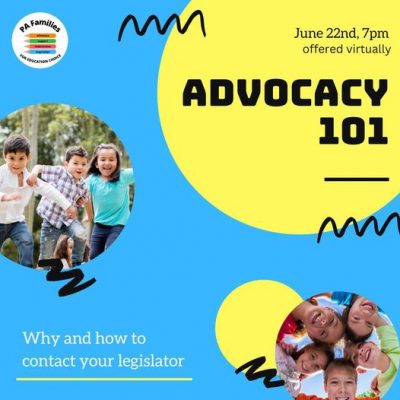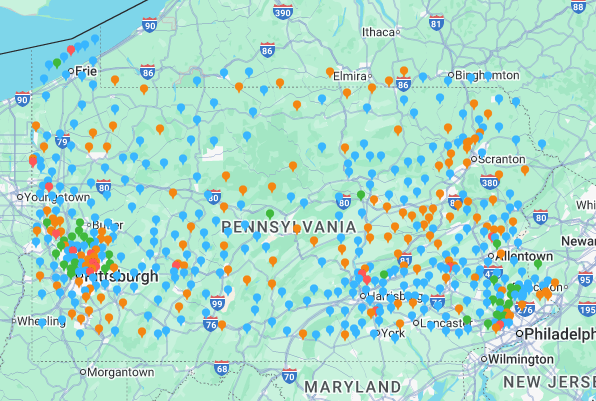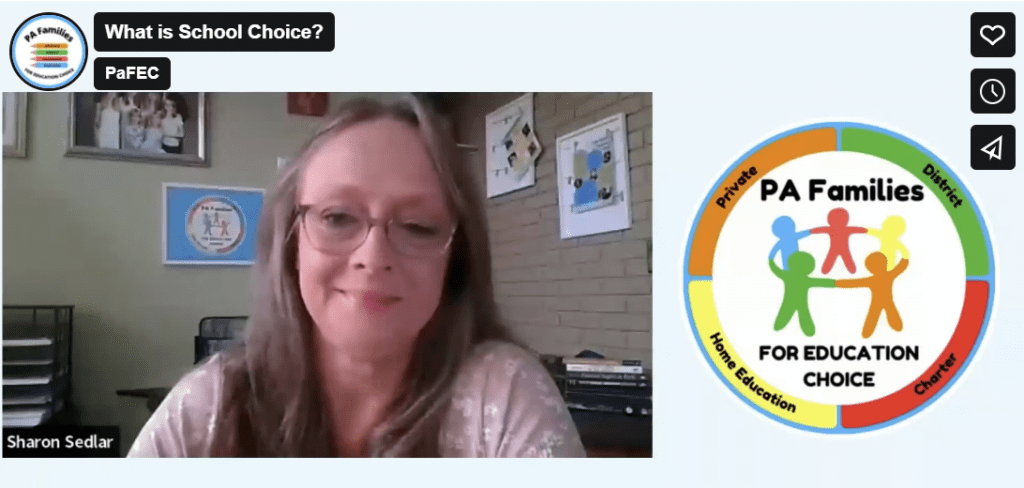It’s okay to shift gears
Sharon Sedlar | August 28, 2025

We’ve all been there – a missed flight, a sick child, a flat tire…something makes us change course. And we have decisions to make:
How can I make time in the schedule?
What or who else does this effect?
How much will it cost/?
It’s like when you go to the doctor: they look at your record, ask you questions, survey the situation, provide you with options, and you make a choice. The important thing is that you’re given options – you find out how much time it will take, the effect of the treatment or course of action, and how much it will cost. Sometimes the changes are small and sometimes large. When the unexpected happens, you need to pivot.
As we all well know, the same applies to our kids!
I was talking to a parent this week. Their child’s case was complex with administrators, special education teachers, therapists, and doctors. Sadly, this parent was sent home with gobs of paperwork and no real explanation as to her options. She was lost despite the “help” of a formal advocate, a mediator, and the PA Dept of Education. She asked herself: “Do I home educate? Does that mean I’m withdrawing from the district? What about special education services? What if we want to go back? Is cyber charter our best course of action? What am I going to do on Tuesday when school starts and my daughter refuses to go because she’s petrified?” Her thoughts were swirling and she couldn’t think straight. So we helped her and she now has a course of action to start the week. She just needed someone to help her think it through.
And you know what? The plan will only get her to Wednesday when she and her daughter have their IEP meeting. But for now, there’s peace. Come Wednesday, she may decide to home educate her daughter, or enroll her in cyber charter, or (hopefully) she and the district will come to agreeable terms. The path will become more clear because she’ll have more answers.
No doubt: Shifting gears can be intimidating. A question parents ask themselves all the time is “What if I’m wrong?”
But the more important question is: “What if I’m right?”









